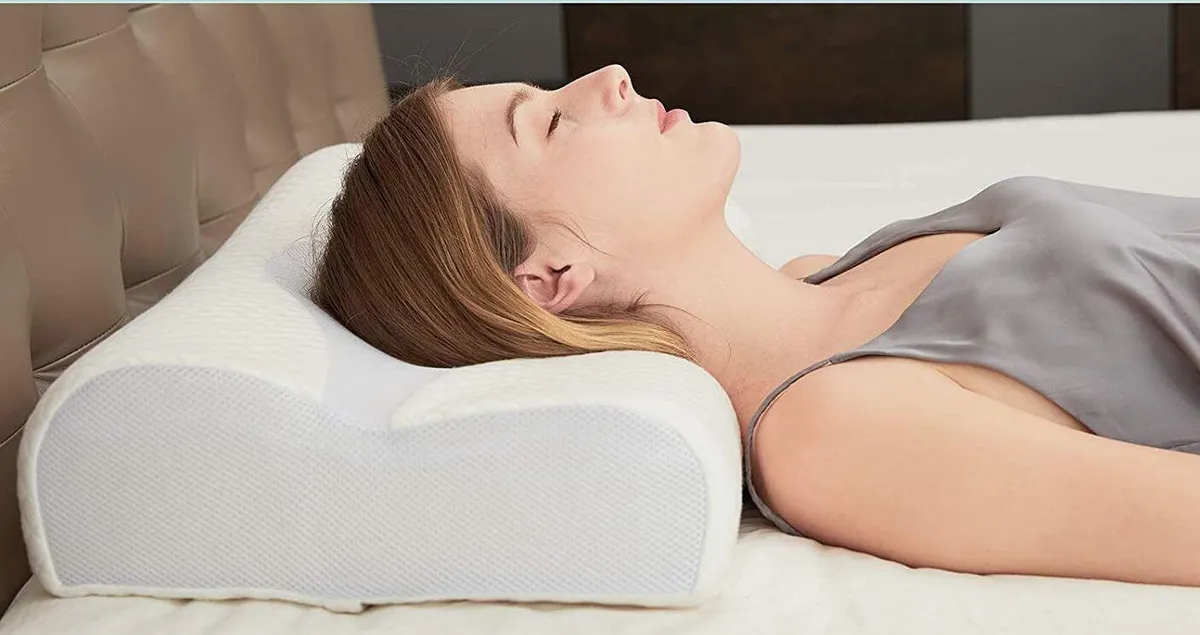
A good night’s sleep is crucial for our overall well-being, and finding the right pillow plays a significant role in ensuring a restful slumber. However, with countless options available, choosing the perfect pillow can be overwhelming. The key lies in selecting a pillow that aligns with your unique sleep needs, preferences, and physical characteristics. In this comprehensive guide, we will walk you through the essential factors to consider and provide valuable insights to help you find the right pillow for a comfortable and rejuvenating sleep experience.
Understanding Your Sleep Needs
Before embarking on your pillow search, it is crucial to understand your specific sleep needs. Consider factors such as your preferred sleep position (back, side, or stomach), any specific health concerns or pain points, and personal preferences regarding pillow loft and materials. By identifying your sleep needs, you can narrow down the options and make an informed choice.
- Sleep Positions and Pillow Support
The position you sleep in greatly affects the type of pillow support you require:
- Back Sleepers: Back sleepers generally benefit from a medium loft pillow that supports the natural curve of the neck and maintains proper spinal alignment.
- Side Sleepers: Side sleepers often need a higher loft pillow to fill the space between the head and shoulder, ensuring optimal neck alignment.
- Stomach Sleepers: Stomach sleepers usually benefit from a low loft or thin pillow to avoid straining the neck and maintain a neutral spine.
- Pillow Fill Materials
Choosing the right pillow fill material is crucial for comfort and support. Here are some common fill materials and their characteristics:
- Memory Foam: Memory foam pillows conform to the shape of your head and neck, providing excellent support and pressure relief. They are ideal for people with neck or shoulder pain.
- Down and Feather: Down pillows are soft and fluffy, offering luxurious comfort. Feather pillows provide more support. Both options offer excellent breathability but may require fluffing to maintain loft.
- Synthetic: Synthetic pillows are hypoallergenic and often more affordable. They offer varying levels of support and can be a good choice for those with allergies.
- Latex: Latex pillows are resilient, supportive, and hypoallergenic. They offer excellent contouring and bounce-back, making them suitable for various sleep positions.
- Buckwheat: Buckwheat pillows contain natural buckwheat hulls that conform to the head and neck. They offer excellent airflow and customizable support.
- Pillow Loft and Firmness
Pillow loft refers to the height or thickness of the pillow. The ideal loft depends on your sleep position and personal preference:
- Low Loft: Suitable for stomach sleepers or those who prefer a flatter pillow.
- Medium Loft: Ideal for back sleepers or those who require moderate support.
- High Loft: Recommended for side sleepers or those who prefer a thicker pillow to maintain proper neck alignment.
- Adjustable Loft: Some pillows offer customizable loft by adding or removing fill to suit individual needs.
- Pillow Size and Shape
Pillow size and shape can impact your sleep comfort:
- Standard: Standard pillows are the most common and versatile size, suitable for most sleepers.
- Queen and King: Queen and king-sized pillows offer more surface area and can be beneficial for those who move around during sleep or prefer a larger pillow.
- Contoured or Orthopedic: Contoured pillows have specialized shapes to support the neck and promote spinal alignment, making them suitable for people with specific neck or back concerns.







